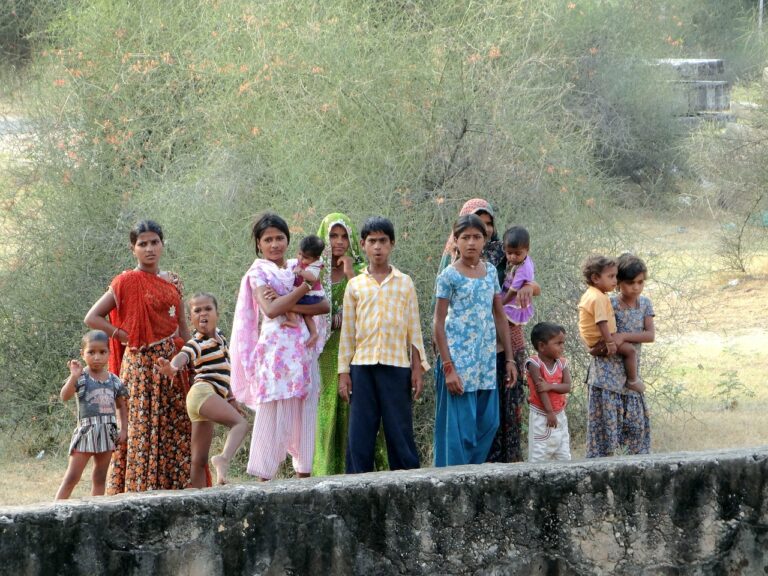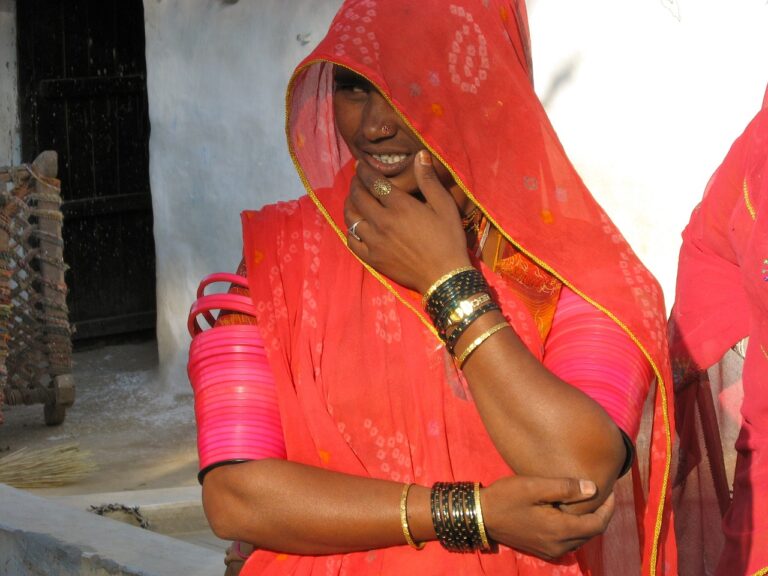The Effectiveness of Voter Turnout Kits
betbhai9 id whatsapp number, playexch login, lotus 365 win: Family networks play a significant role in shaping individuals’ beliefs, values, and behaviors, including their participation in the democratic process through voting. The influence of family members on voter participation has been widely recognized by scholars and practitioners alike. In this blog post, we will explore the various ways in which family networks impact voter turnout and engagement.
Family Socialization
One of the key ways in which family networks influence voter participation is through the process of socialization. Socialization refers to the ways in which individuals learn and internalize the norms, values, and behaviors of their social environment. Family members, especially parents, play a crucial role in shaping their children’s attitudes towards civic engagement, including voting. Children are more likely to become active voters if they witness their parents regularly participating in elections.
Interpersonal Communication
Another important mechanism through which family networks impact voter participation is through interpersonal communication. Family members often engage in discussions about politics, current events, and elections, which can influence individuals’ attitudes towards voting. These conversations can provide valuable information about candidates, policies, and voting procedures, prompting family members to take action and participate in elections.
Mobilization and Support
Family networks can also serve as a source of mobilization and support for voter participation. Family members may encourage and motivate each other to register to vote, cast their ballots, and stay informed about political issues. In addition, families can provide practical support, such as transportation to polling places, childcare arrangements, or reminders about election dates. This support can make it easier for individuals to overcome barriers to voting and participate in the electoral process.
Civic Duty and Responsibility
Family networks can instill a sense of civic duty and responsibility in individuals, motivating them to participate in elections. Parents, in particular, often emphasize the importance of voting as a fundamental democratic right and a way to have a voice in government. This sense of civic duty can be passed down from one generation to the next, creating a culture of political engagement within the family.
Trust and Confidence
Family networks can also influence individuals’ trust and confidence in the political system. Family members’ attitudes towards government, politicians, and the electoral process can shape individuals’ perceptions of the efficacy and fairness of the political system. If family members have a high level of trust in the government and confidence in the electoral process, individuals are more likely to view voting as a meaningful and effective way to make a difference.
Social Networks and Peer Influence
In addition to family networks, individuals’ social networks and peer groups can also play a role in shaping voter participation. Friends, coworkers, and community members can all influence individuals’ attitudes towards voting and their likelihood of participating in elections. These social networks can reinforce or challenge the norms and values surrounding political engagement that individuals learn from their family members.
In conclusion, family networks play a crucial role in shaping individuals’ attitudes towards voting and their level of participation in elections. Through socialization, interpersonal communication, mobilization and support, instilling civic duty, influencing trust and confidence, and shaping social networks, families can have a significant impact on voter turnout and engagement. To enhance voter participation, it is important to recognize and harness the power of family networks in promoting a culture of political engagement and civic responsibility.
FAQs
Q: Can family networks have a negative impact on voter participation?
A: Yes, family networks can potentially have a negative impact on voter participation if they promote apathy or distrust towards the political system. However, research suggests that families are generally a positive influence on voter turnout and engagement.
Q: How can individuals overcome barriers to voting within their family networks?
A: Individuals can overcome barriers to voting within their family networks by having open and honest conversations about the importance of voting, educating themselves and their family members about the electoral process, and providing support and encouragement to each other.
Q: Are there any cultural or demographic differences in the impact of family networks on voter participation?
A: Yes, the influence of family networks on voter participation can vary depending on cultural, demographic, and socioeconomic factors. For example, research has shown that individuals from minority or immigrant backgrounds may rely more heavily on their family networks for information and support in voting.
Q: What can policymakers and community organizations do to leverage the power of family networks in promoting voter participation?
A: Policymakers and community organizations can collaborate with families to provide voter education and outreach programs, offer resources and support for those facing barriers to voting, and facilitate discussions and activities that promote a culture of political engagement within families. By working together, we can empower individuals to exercise their right to vote and strengthen our democracy.







